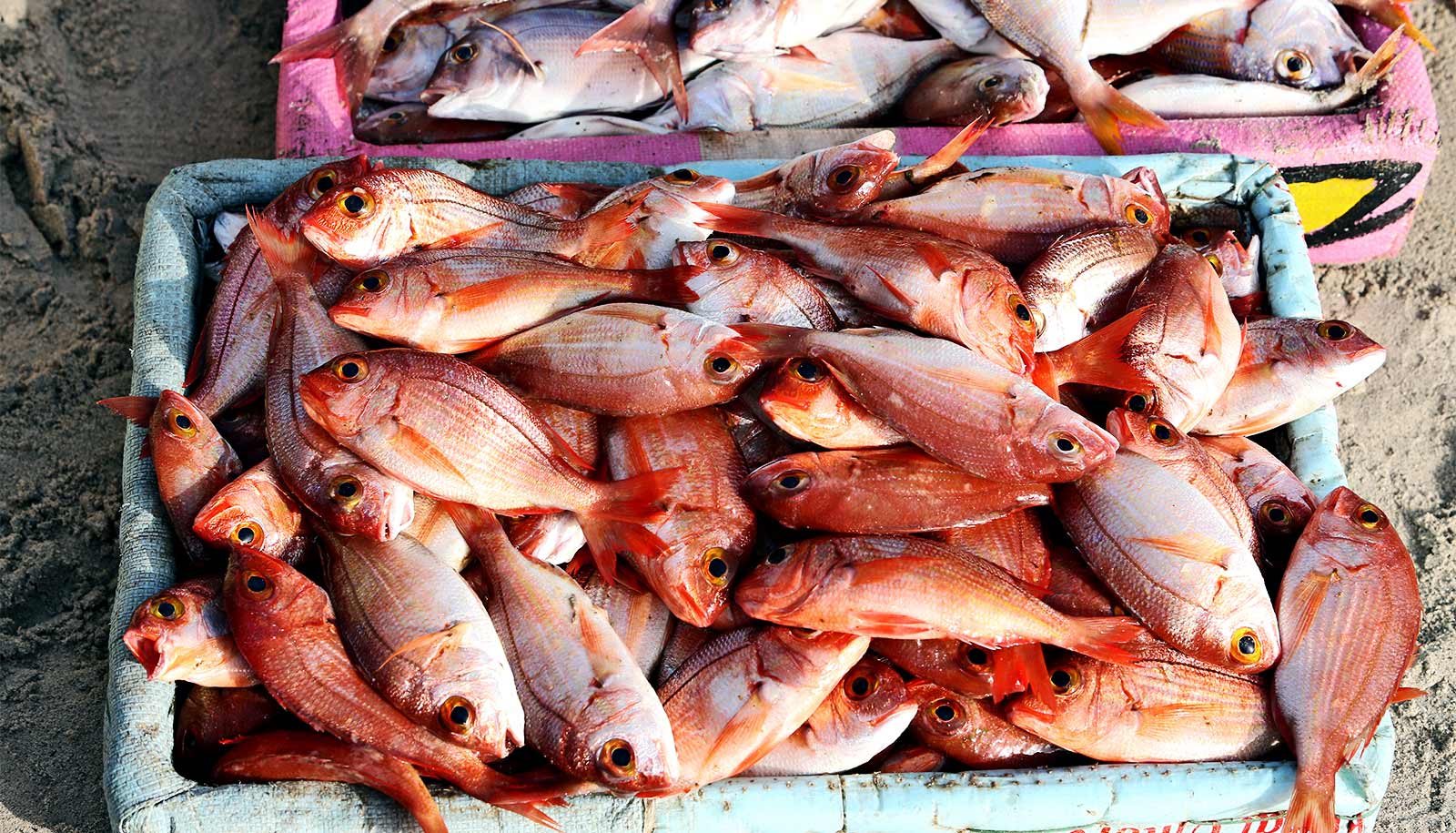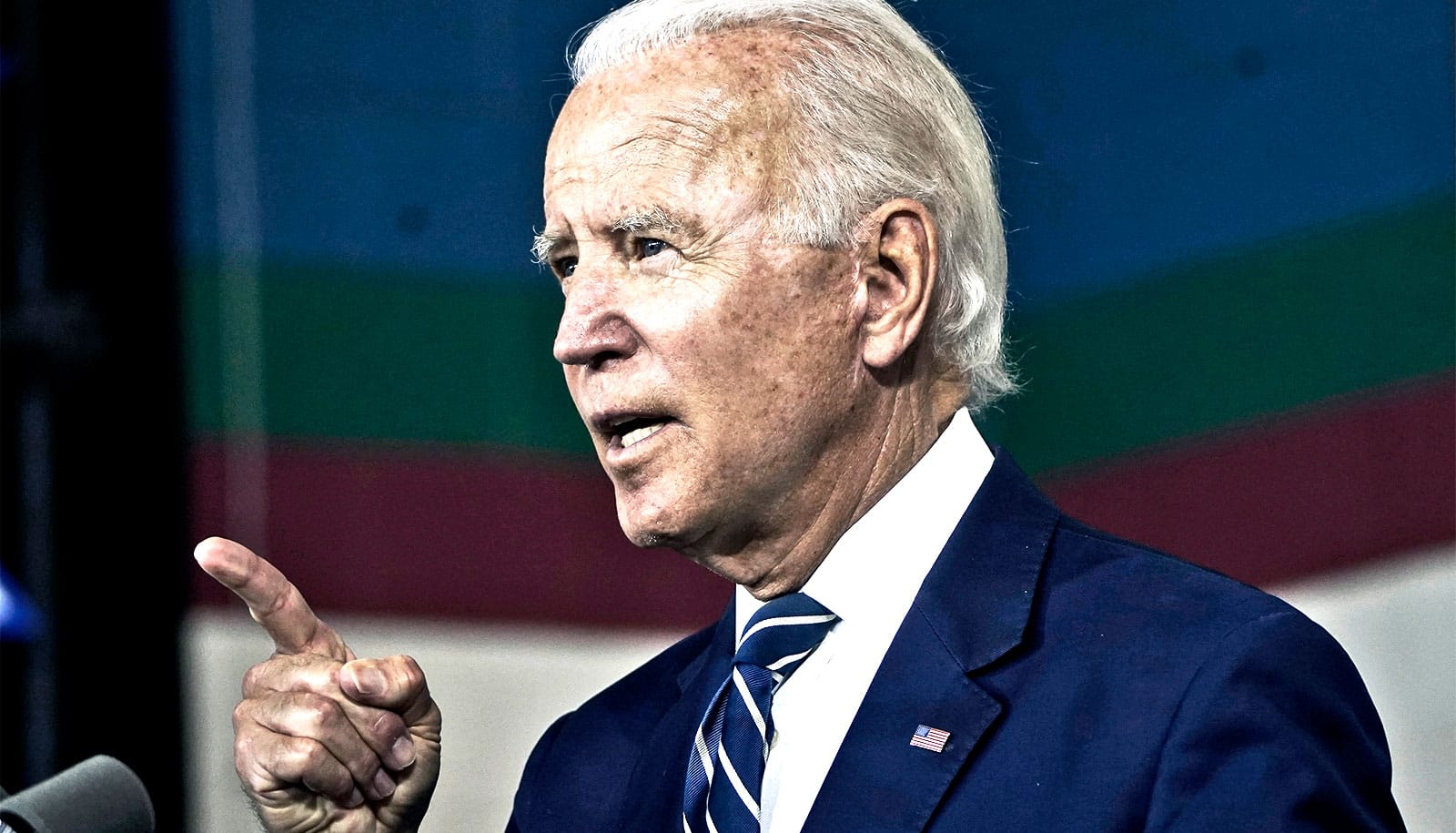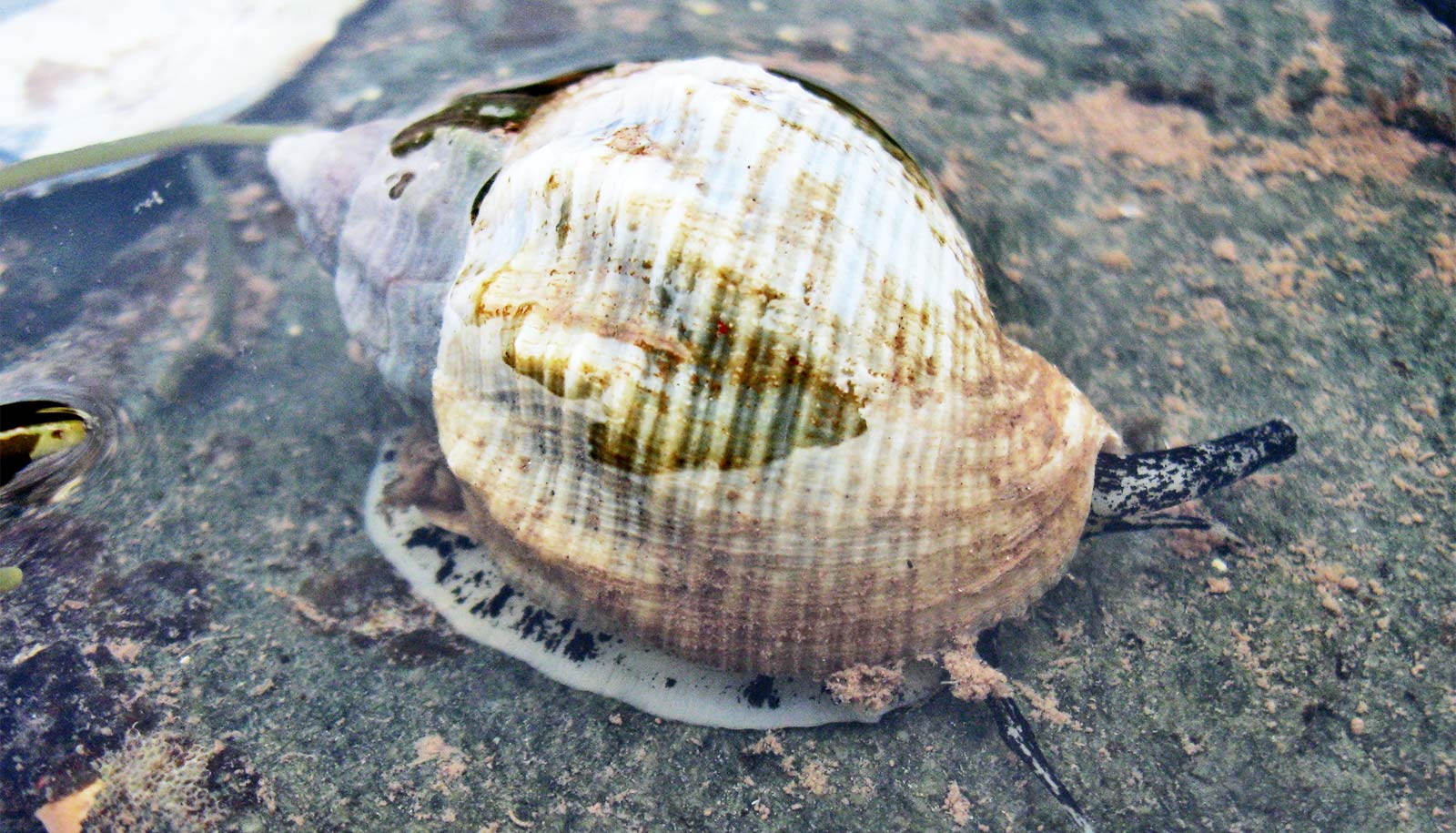
"If African countries created a 'fish cartel' to sell fishing rights to foreign vessels, they could increase their fish biomass by 16% and make 23% more in profits," says Gabriel Englander. (Credit: Getty Images )
‘Fishing cartel’ could boost economies of African countries
Banding together to sell fishing rights could generate economic benefits for African countries and also protect their seas' biodiversity.
Banding together to sell fishing rights could generate economic benefits for African countries, a new study shows.
These countries receive far less from access to their fisheries on the global market than other countries do from theirs. By joining forces, African fisheries would not just secure more competitive access fees, they could also protect their seas’ biodiversity.
“If African countries created a ‘fish cartel’ to sell fishing rights to foreign vessels, they could increase their fish biomass by 16% and make 23% more in profits,” says lead study author Gabriel Englander, who initiated the work as a postdoctoral researcher in the Environmental Markets Lab (emLab) at the University of Santa Barbara. Englander, now a research economist at the World Bank, collaborated with Christopher Costello, a professor in the Bren School of Environmental Science & Management.
Currently, African nations sell access to their waters individually by country. Because wealthy foreign fishers, say from Europe or Asia, can swing their massive buying power toward the country that offers the lowest prices for permission to fish from their waters, raising access fees would only make any single African country less competitive in that market. Buyers can just go elsewhere.
One result of this market power imbalance is a huge disparity between what these countries earn from their fisheries and what the foreign fishers make from the same.
For instance, the researchers say, Senegal in 2019 received $90 in access fees per ton of tuna caught by European Union (EU) vessels, while the EU fishers themselves made $1,687 per ton selling those fish—almost 20 times more.
The researchers believe African countries could stand to benefit from better prices.
“Access fees that are too low mean African governments have less money for all the important things they do: spending on health, education, infrastructure, environmental protection, government officials’ salaries, debt servicing, and more,” Englander says. “Higher prices would give governments greater financial resources for economic development.”
“The idea of a ‘fish cartel’ for Africa came to us when we realized African countries were getting pennies on the dollar when selling access to richer countries and that these agreement often led to overfishing in Africa’s waters,” Costello says.
To help level the playing field, the researchers first looked to the other side of the world, the Pacific Islands, where several countries have been operating as a bloc since 1982. The Parties to the Nauru Agreement (PNA) consists of nine Pacific Island nations that collectively manage fishing in their waters, much like OPEC manages oil production.
For access to their tuna fisheries in 2019, the PNA received $454 per ton caught. Without the international cooperation, the researchers found, not only would profits from access be lower, the biomass would also decrease.
A similar “fish cartel” model would have the same effect on African nations: more money and a reduction in overfishing and therefore a more sustainable operation. Under an “Africa Coalition,” that raises access fees from their current level of $128 to $152, the researchers estimate, African countries could see an additional $37 million in profit each year, with downstream effects that could lead to an additional 19 million tons of fish biomass in African waters.
There are, of course, challenges to implementing a continent-level fish cartel in Africa.
“African countries differ in their interests and objectives, and governments don’t always get along with each other,” Englander says. “African fisheries also differ from each other in terms of their size and health.”
However, at a time when the continent is already becoming more economically integrated, an Africa-wide fisheries coalition could be an effective investment with both medium- and long term benefits for Africans and their marine environments.
“African countries don’t need anyone’s permission to create a fish cartel, and they can begin now, Englander says. “It’s an opportunity to take economic power and grow their fish stocks at the same time.”
The study appears in Nature Communications .
Source: UC Santa Barbara
The post ‘Fishing cartel’ could boost economies of African countries appeared first on Futurity .
Share this article:
This article uses material from the Futurity article, and is licenced under a CC BY-SA 4.0 International License. Images, videos and audio are available under their respective licenses.
Related Articles:
Experts: Biden’s climate plan is ‘bold’ but lacks some specifics
July 28, 2020 • futurityWarming seas threaten mid-Atlantic sea snails
March 11, 2020 • futurityLinks/images:
- https://www.futurity.org/conservation-oceans-2250152/
- https://www.futurity.org/wealthy-nations-fishing-oceans-1829692/
- https://doi.org/10.1038/s41467-023-42886-z
- https://news.ucsb.edu/2023/021264/fish-cartel-africa-could-benefit-countries-and-their-seas
- https://www.futurity.org/fishing-cartel-african-countries-fisheries-2999002/
- https://www.futurity.org


